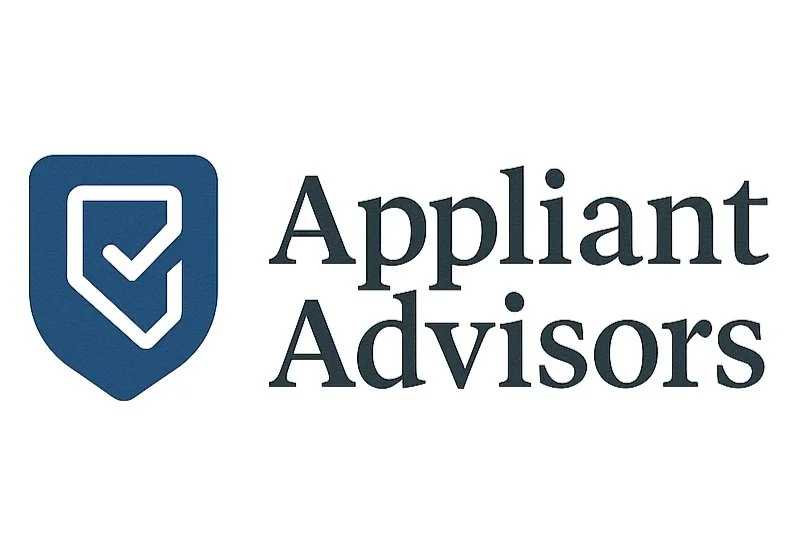What Is a Payment Bank Charter — and Why Does It Matter?
A payment bank charter is a type of state-issued license that allows companies to move money on behalf of others—legally and directly—without relying on third-party banks or patchwork partnerships. These charters are designed specifically for companies engaged in digital wallets, remittances, merchant acquiring, and other forms of non-depository payment processing.
In most cases today, companies that want to operate in the U.S. payments system must either:
Become a full-service bank (expensive, slow, heavily regulated),
Or “rent” access through sponsor banks or licensed partners (often costly, restrictive, and operationally fragile).
A payment bank charter offers a third path: streamlined, state-regulated access to Fed clearing and payments infrastructure, without the burdens of taking deposits or issuing loans.
How Does It Save Time and Money?
Fewer intermediaries: You’re no longer dependent on sponsor banks that control your accounts and approvals.
Lower cost of funds: You keep more of your revenue and improve float management.
Regulatory certainty: Instead of navigating 50 state laws or vendor relationships, you work under a single supervisory model.
Policy Momentum: Nevada and Georgia
Appliant Advisors is at the forefront of the most promising charter reform efforts:
Nevada’s AB 500: Recently passed out of committee and expected to receive a final vote in May or June, AB 500 creates a modern state payment institution charter—one of the most innovative and actionable frameworks in the U.S.
Georgia’s charter: Enacted over a decade ago but never implemented due to structural gaps. Appliant Advisors tracks and advises on its potential for reactivation.
Texas and other edge-case states: We evaluate and leverage state-specific opportunities to help clients avoid unnecessary federal licensing or multistate MTLs.
Contact us
Interested in working together? Fill out some info and we will be in touch shortly. We can’t wait to hear from you!

